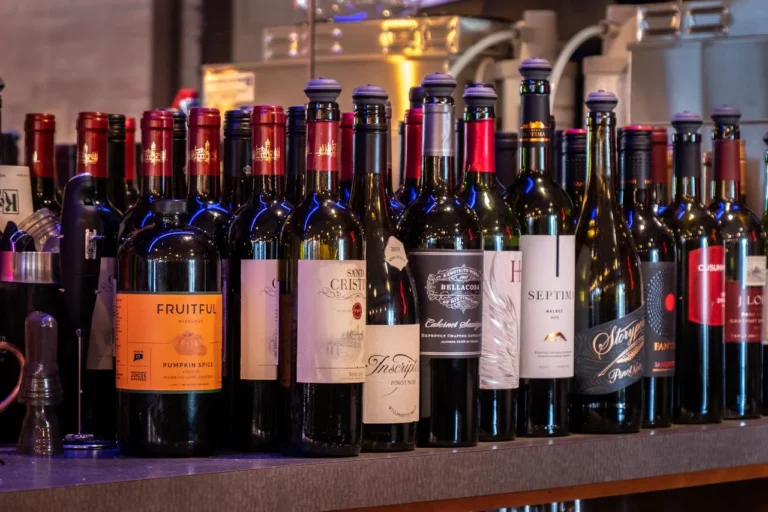
As global coffee demand continues to climb, recent climate change models predict that land suitable for growing Arabica coffee could shrink by over 50% by 2050. To counteract these changes and ensure the future availability of sustainably grown coffee, Nestlé is leveraging its agricultural science expertise.
Nestlé’s plant scientists and agronomists, using traditional breeding methods, have developed Star 4, a novel high-yielding Arabica coffee variety. Selected in Brazil for its resilience, this new variety retains the characteristic taste of Brazilian coffee.
“We are proud to take another significant step towards resilient coffee supply chains, ensuring that consumers can continue to enjoy great coffee in the future. The new variety is distinguished by its larger bean size and resistance to coffee leaf rust. Our field trials have shown that, with similar inputs, the yields of Star 4 are substantially higher than the two most commonly used Brazilian local varieties, reducing its carbon footprint,” says Jeroen Dijkman, Head of Nestlé’s Institute of Agricultural Sciences. The reduction in greenhouse gas (GHG) emissions from higher coffee yields is attributed to improved plant productivity and farming methods. Marcelo Burity, Nestlé’s Head of Green Coffee Development, adds, “Optimizing cultivation practices remains vital as they are the primary factor contributing to the environmental impact of a cup of coffee.” The cultivation process is responsible for the largest share of GHG emissions in the production of ground coffee.
The development of locally relevant solutions like Star 4 also aligns with Nestlé’s Agriculture Framework, which promotes sustainable farming practices and responsible sourcing. The first plants were tested in São Paulo and Minas Gerais, two traditional coffee regions in Brazil. In collaboration with the Brazilian foundation Procafé, Nestlé successfully registered the novel Arabica variety in Brazil.




